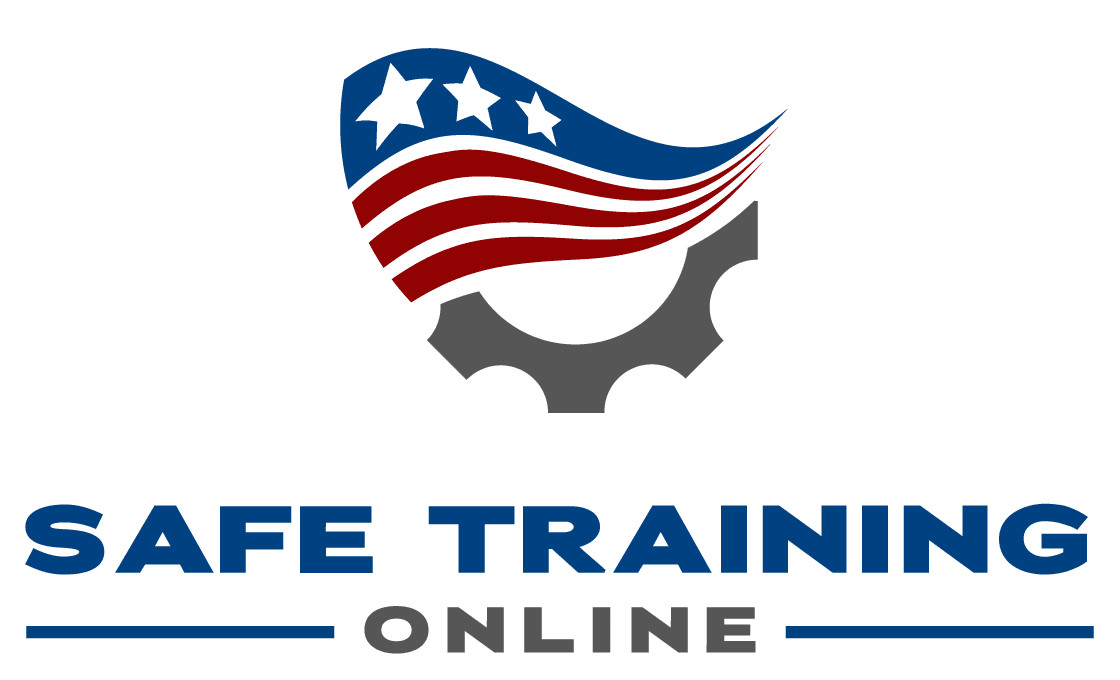Landscaping Safety Course
$79.99 USD
This online Landscaping Safety Training course will discuss the safe operation principles of the following equipment: lawnmowers, trimmers, aerators, blowers, brush cutters, chainsaws, edgers, splitters, pressure washers, tillers, spreaders, and grinders. Landscaping can be a very dangerous job, working with many different types of equipment. Help keep yourself and others safe by enrolling in an OSHA-compliant Landscaping Safety Training Course Online.
Landscaping Safety Course
Landscaping Safety Course: Outline
- Introduction to Landscaping Equipment
- How the Machines Operate
- Machine Stability
- Safe Equipment Operation
- General Operation
- Equipment Hazards
- Pedestrian Hazards
Landscaping Safety Course – General Safety Tips
- Ensure you are trained to use the landscaping tools and equipment safely, and you understand all the real and potential job hazards.
- Know how to report unsafe working conditions or unsafe equipment to your supervisor.
- Take regular breaks when doing strenuous work. Frequent shorter breaks are better than longer breaks further apart.
- Be aware of emergency telephone numbers to call.
- Know the location of the first aid kit and how to use the contents.
- Use insect repellents or protective clothing as needed.
- Be aware and alert if you could encounter unfriendly domestic animals or wild animals.
- Carry an EpiPen or bee sting kit if there is a chance of developing a severe allergic reaction. Make sure your supervisor and co-workers are trained to assist you if required.
- Always wear respiratory protection masks if you clean up waste, leaves, or dust that may contain mouse or bird droppings.
- Be aware of the presence of ticks and be aware of Lyme disease. Seek medical attention if you have been bitten by a tick.
- Be aware of mosquitoes and the risk of West Nile virus, as mosquitoes can carry this disease.
- Be alert to expected weather conditions and plan accordingly, such as where to seek shelter if severe weather is encountered.
- If working outdoors in hot climates, always use the proper level of sunscreen protection. Consider having a shaded area nearby to take breaks. If working in colder weather, take your breaks in heated areas.
- If working with pesticides, always wash your hands thoroughly before eating or when using the washroom or working with different tools.
Get Certified with Our Landscaping Safety Course Online
Looking to boost your career in landscaping? Starting is easiest with our landscaping courses online. Our landscaping certificate courses are meant to give you the useful knowledge you need for success regardless of your level of experience in the field or desire to grow your abilities.
From anywhere, various learning choices let you achieve your landscaping certification online at your speed. Develop the knowledge to operate in the landscaping industry safely and effectively, therefore improving your employment prospects.
Enroll now to begin your path to becoming a qualified landscaping professional right now!
Other Courses You May Be Interested in
$26.99 USD
$99.99 USD
$37.99 USD
$59.99 USD



